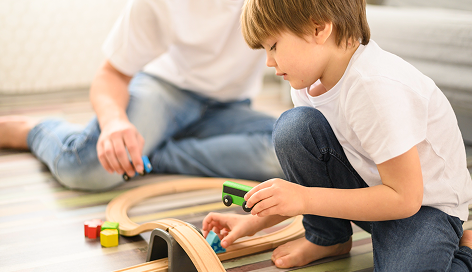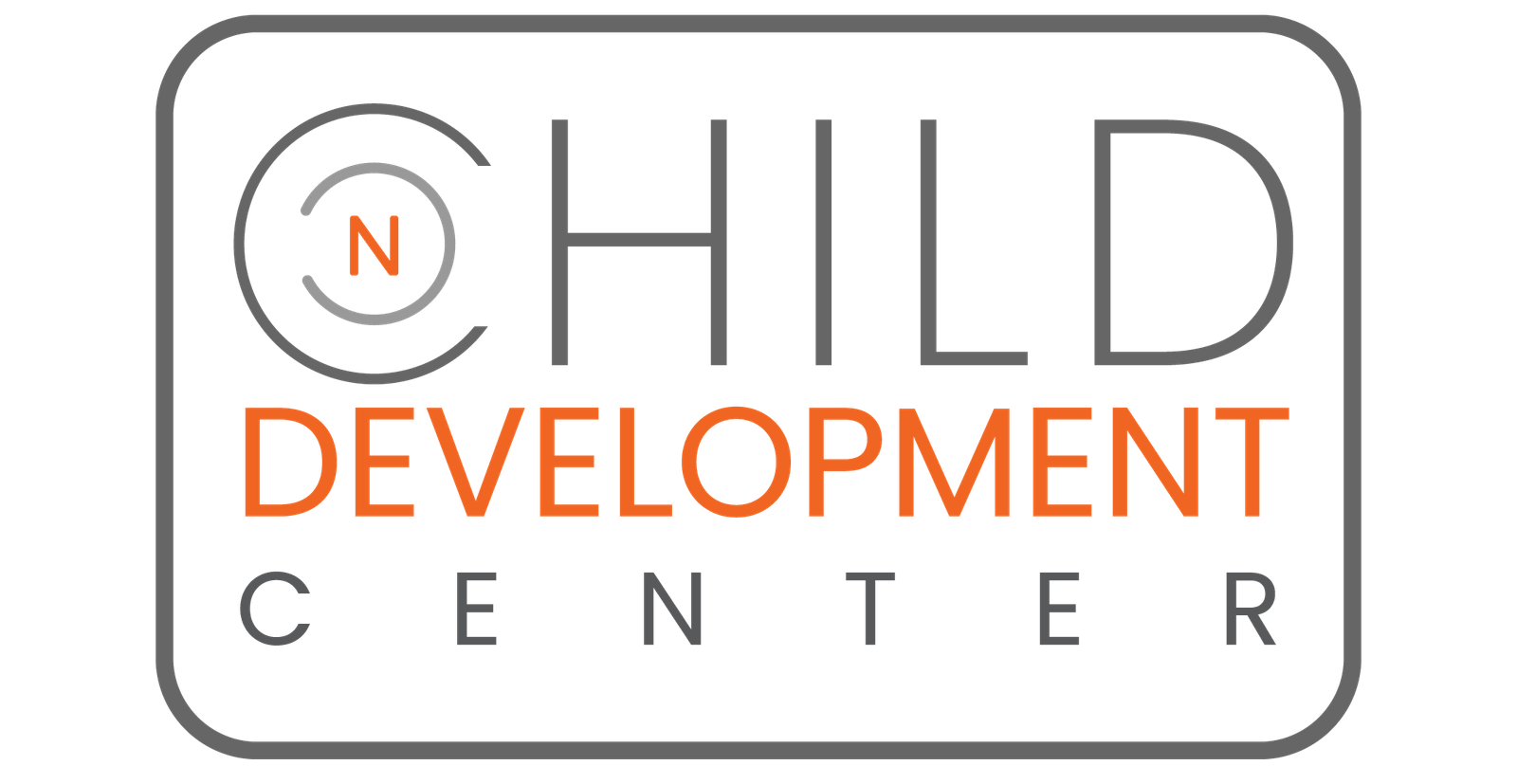Occupational Therapy
Occupational Therapy (OT) is a branch of rehabilitation that helps people of all ages participate in daily activities (also referred to as their occupations) who may have difficulties due to injury, illness or developmental delays. These activities include things we need and want to do every day such as; dressing, eating, bathing, and working. Paediatric OT is a specialist branch that focuses on childhood occupations such as playing, going to school, socializing and developing age appropriate self care skills. It focuses on developing the skills needed for everyday living and helping individuals overcome physical, cognitive, sensory or developmental delay challenges that make daily tasks difficult.
Occupational therapists are highly trained professionals. Through clinical observations and standardised assessments, they evaluate the clients ability to participate in everyday activities. From this, personalised treatment plans are created and goals are set in line with the individual’s priorities, with a view to increasing functional independence/ independent living skills. Treatment approaches vary between individuals but using functional and neuroaffirmative practices to develop skill areas remain at the core of occupational therapy Dubai.
How Paediatric Occupational Therapy Helps
Paediatric occupational therapy Dubai can help children meet developmental milestones and participate within childhood occupations. Attending school, making friends, playing, handwriting and developing independent living skills all form part of childhood occupations, and OTs can support these areas as needed. Occupational therapists consider many different aspects including; sensory regulation, cognitive skill level, motor development and environmental factors and the impact this may have on an individual’s participation in activities. By addressing the areas that may be preventing skill development, we are able to support and develop independent living skills.

Benefits of paediatric Occupational Therapy Dubai
Occupational Therapy is an individualised type of therapy that promotes independence and an ability to participate in the day-to- day activities that mean the most to the child and their family. Time is taken to understand the difficulties that may be faced at home, school or in the wider community and the impact this has on development. By understanding the child and the impact sensory dysregulation, cognitive development or motor skill development may have on their ability to participate in daily activities, an individualised and neuroaffirmative approach can be taken. For pediatric occupational therapy, interventions often center around the use of play meaning sessions can be highly engaging and fun. An individual’s intrinsic motivation is understood, with self-advocacy encouraged to ensure motivation and participation is evident throughout the intervention.
Who Can Benefit from paediatric Occupational Therapy Dubai?
- Developmental delays
- Autism spectrum disorder
- Attention deficit hyperactivity disorder / Attention deficit disorder
- Sensory Processing Disorder
- Cerebral palsy
- Genetic conditions
- Epilepsy
- Traumatic brain injury
- Spinal cord injury
- Stroke
- Mental health conditions

What Individuals can expect during an Occupational Therapy Session
In order to create an individualised treatment plan an occupational therapist will take time to complete a full assessment to understand what areas of functional skills are impacted and why this may be. This will include an understanding of medical history, previous therapy input, perceived difficulties, and an occupational profile to understand what the client can/ can’t do.
Standardised assessments can be used to understand a client’s present level of function. These are used alongside clinical observations to gain a true picture of a client’s skills and challenges.
Jointly with the client, family (and wider MDT if required) goals will be set, which is to ensure a clear, individualised treatment plan is in place and to track progress.
Different therapeutic approaches may be taken in line with assessment findings, for example a sensory integrative approach.
Progress will be monitored towards previously set goals, to ensure the correct treatment approach is being taken and priority areas are being addressed. Feedback will be given and goals altered as needed.
Finding a paediatric Occupational Therapist
Finding a qualified occupational therapist is important. All occupational therapists within the United Arab Emirates require licensing, which is used to ensure quality and correct qualifications are maintained. Within Dubai, Occupational Therapists should be licensed by the ‘Dubai Health Authority’ (DHA).
After qualifying, occupational therapists may undergo additional training in specialised areas such as sensory integration.
Paediatric Occupational Therapy Dubai and Other Therapies
Occupational Therapists work amongst the wider multi-disciplinary rehabilitation team. Like Speech Therapists and Physiotherapists, OT is a specialised role focusing on certain areas of development or rehabilitation. Your occupational therapist will advise if other forms of therapy will also be of benefit.
At the Child Development Center (CDC) we have physiotherapy, speech and language therapy and Applied Behaviour Analysis on site, allowing clear multi-disciplinary working.
Paediatric Occupational Therapy Dubai
At the Child Development Center (CDC) we are fortunate to have a fully equipped, modern Occupational Therapy room that allows for individualised, play-based therapeutic interventions. In addition there is a sensory room for clients who may be experiencing sensory processing differences, which can act as a safe space for sensory integrative therapy sessions.
Our highly qualified team of occupational therapists provide evidence-based, neuroaffirmative treatment plans utilising the latest assessments and interventions, to support clients in developing their independence with activities of daily living and participation in childhood occupations.
Frequently Asked Questions (FAQs)
Occupational therapy focuses on daily activities (our occupations), while physical therapy focuses on movement and strength. Both therapies complement each other, with occupational therapists promoting functional skills.
Occupational therapy duration differs from person to person based on their needs. Continued review of progress and treatment plans ensure approaches can be altered as necessary.
Bring your medical history and previous therapy input. Consider what aspects of daily living are challenging and why that may be. Consider what it is you want to achieve from occupational therapy.
